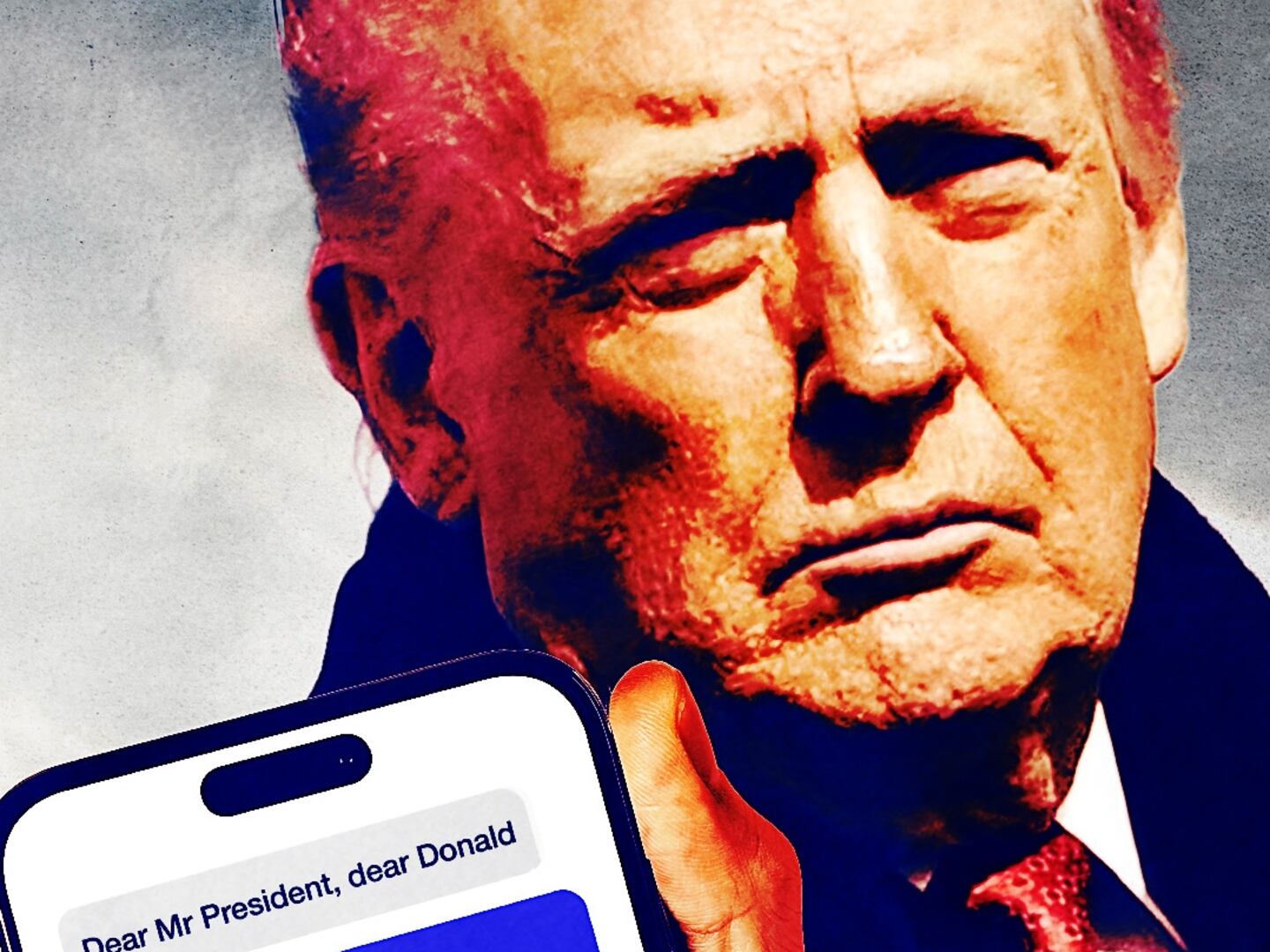President Trump may roll out a revised executive order temporarily banning immigration from six or seven majority Muslim countries this week. When a federal judge held up enforcement of the original order last month, his administration argued in court (PDF) that any delay in implementation—even for a few days—would “irreparably harm” America. But now the administration’s own actions have thoroughly undermined this line. It is clear that the administration itself doesn’t even buy its own argument for the order.
The government has not only refused to provide any evidence of a threat from these countries while defending its order in court, but the Department of Homeland Security itself has found these countries are not a unique threat. Since the order was halted, top administration have repeatedly delayed implementing a new one that corrects the old one’s legal defects.
None of these actions are consistent with an urgent threat to America.
To begin with, after the disastrous rollout of the order in which hundreds of travelers were caught at U.S. airports and were denied entry, Secretary Kelly admitted that the order should have been delayed. “In retrospect,” he said, “I should have delayed it just a bit so I could talk to members of Congress.” This is completely incompatible with the arguments that the administration was making to courts at the very same time, that it had to be done immediately, that it could not wait even a few days.
The judge issued a temporary restraining order that would have lasted only a couple of weeks, long enough for him to hear further arguments and evidence. Yet the government argued (PDF) that the judge’s decision “immediately harms the public by thwarting enforcement of an Executive Order issued by the President, based on his national security judgment.”
So would Kelly’s decision to wait have “immediately harmed the public” too? Is there even a real threat? As soon as the order came out, a report by the Cato Institute pointed out that no person from any of the seven countries had ever killed a person in the United States in a terrorist attack, despite hundreds of thousands of people coming to the United States from these nations in recent years. Thus, on its face, the order was not even aimed toward the object it purported to target.
Yet in court, the administration’s lawyer told a federal judge that “we don’t think you’re supposed to look at whether it’s rationally based.” The administration refused to argue that there was any intelligence at all to support the sudden policy change. After the judge temporarily suspended implementation of the original order, the administration’s counsel persisted, telling (PDF) the appeals court simply not to “second-guess the President’s prospective judgment about future risks.”
In essence, they said, “Just trust us.” Regardless of the legalities involved, no administration with clear evidence of a threat would fail to provide it in a case that the administration desperately needed a win. Indeed, the administration was so desperate for evidence that White House Spokesman Sean Spicer actually cited a terrorist attack against Muslims by a white nationalist in Canada as a reason why the ban was important. If there was any intelligence backing for the order at all, it would be out there.
Then the Department of Homeland Security issued an intelligence assessment that concluded that “country of citizenship is unlikely to be a reliable indicator of potential terrorist activity.” It cited the fact that more than half of all terrorism convictions since 2011 were against U.S. citizens and that no citizen of Syria—which the order singled out for an indefinite refugee ban—had ever received such a conviction. The president dismissed the assessment without evidence, saying it was “not what he asked for.”
After the judge suspended the original order, the president determined to try a new one that would avoid some of the legal issues with the first one. Yet despite issuing distressed tweets like, “If something happens, blame [the judge],” he has yet to issue it. In fact, his administration has been talking about the new order for weeks, but keeps delaying it. If “something” will happen without a ban on these immigrants, why wait?
The answer is obvious. The administration is playing politics. It made a rash campaign promise about banning Muslims, turned it into a ban on immigrants from Muslim countries, and now is left to defend an action that its own lawyers refuse to call rationally-based and its own intelligence officials can’t justify.






